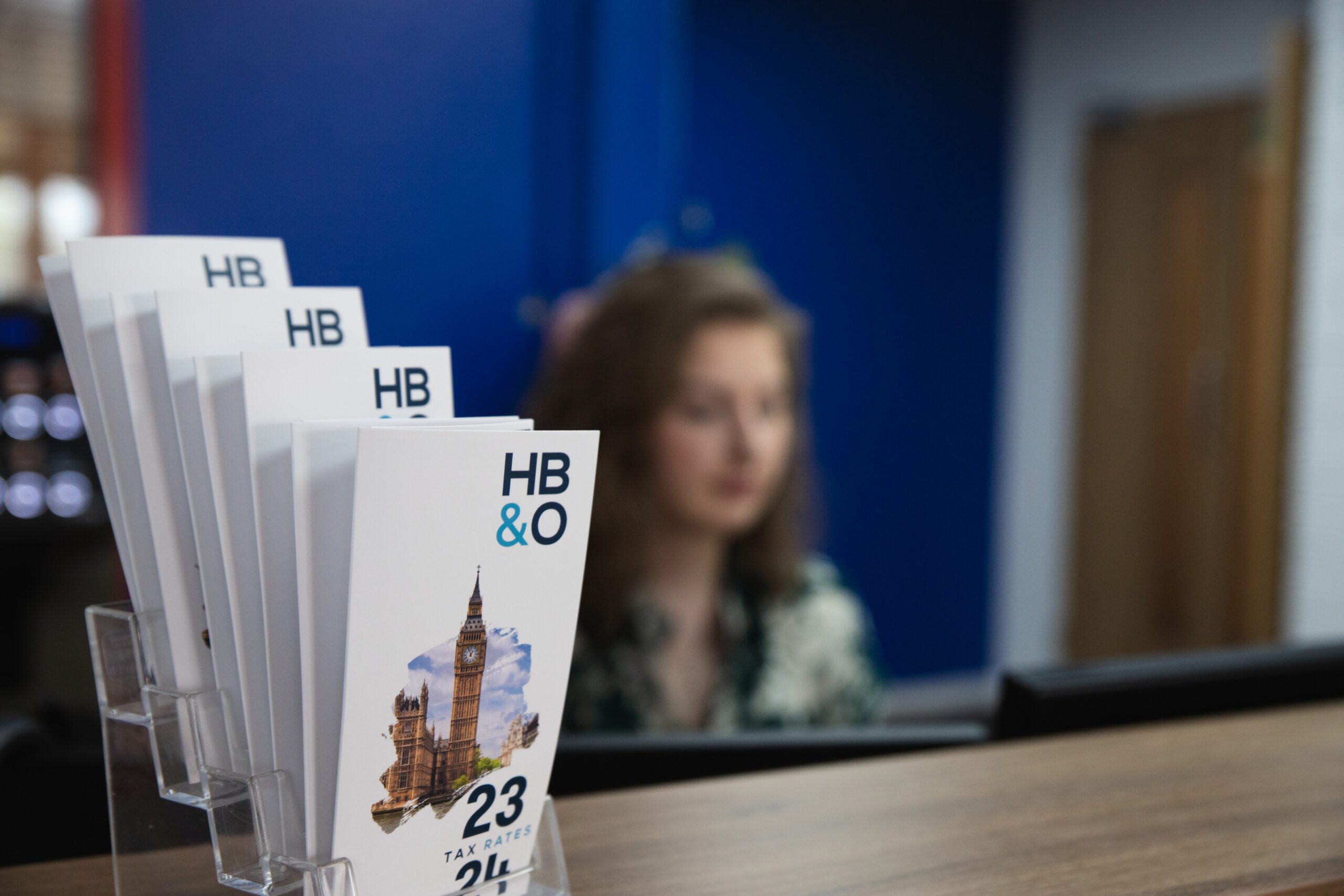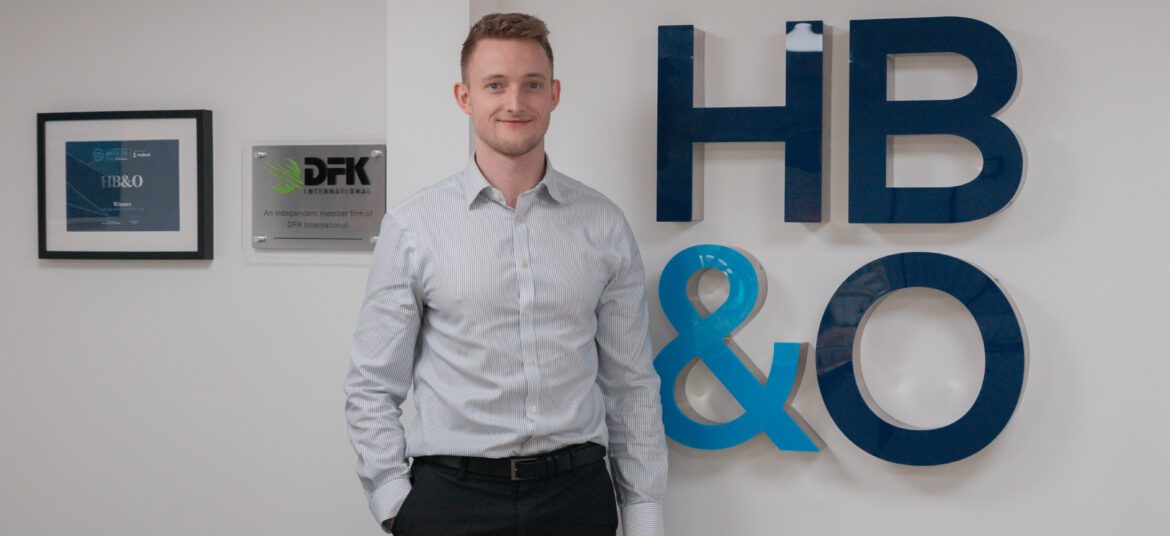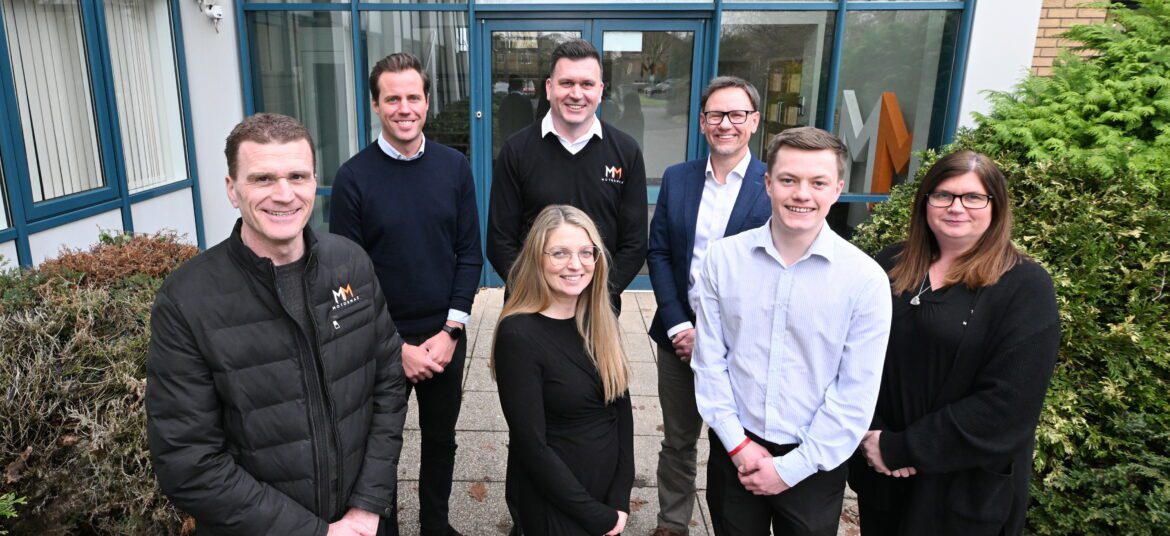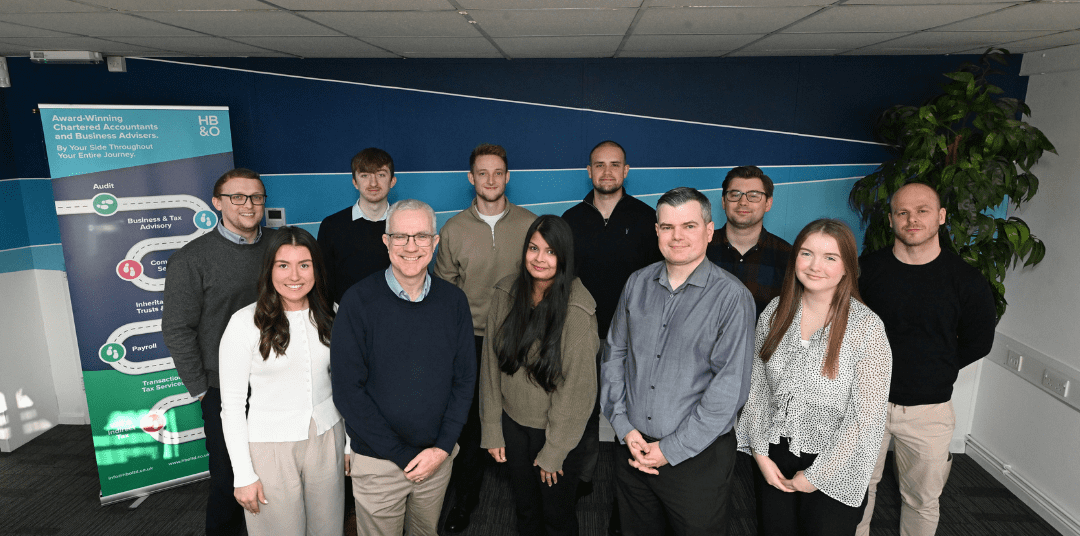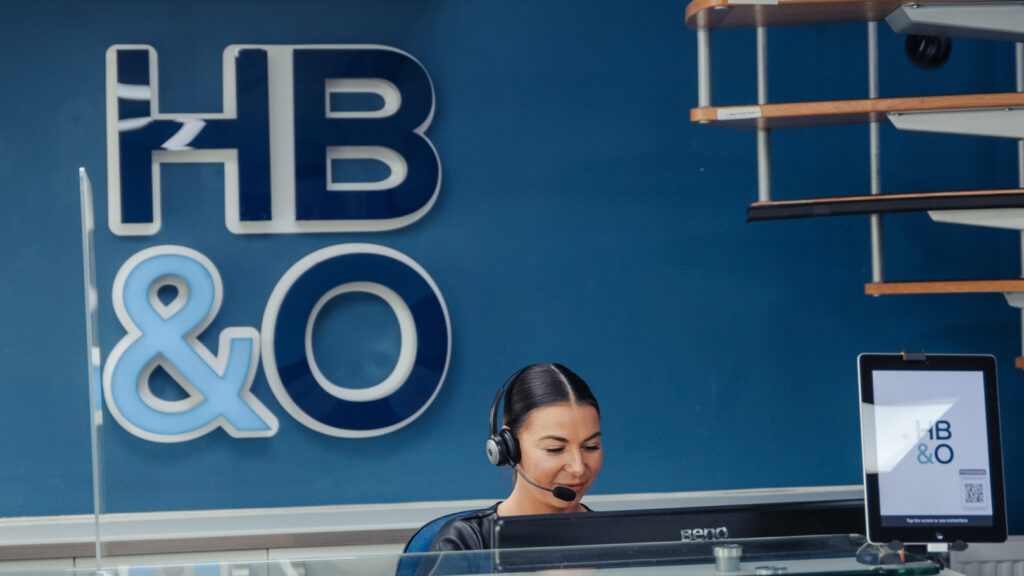Generally speaking, the business expenses you incur are allowable against your profits. But when it comes to fixed asset purchases (items such as machinery, equipment or vehicles), these purchases are treated slightly differently.
To reduce your tax bill when purchasing fixed assets, it is important to know what capital allowances are available and how you can use them to enhance your tax planning.
What are capital allowances?
Fixed assets are classed as items of equipment that will be used in the business for more than a year – so, things like office furniture, machinery and company vehicles. For accounting purposes, the cost of these fixed assets is spread over the expected life by calculating a depreciation charge each year – i.e, the value the item will lose over this time.
- For tax purposes, the depreciation is added back (disallowed) and ‘writing down allowances’ are claimed instead.
- There is an Annual Investment Allowance (AIA), fixed at £1 million per annum for the foreseeable future. Most asset purchases up to that total can be claimed in full in the year of purchase. The main exceptions are cars, assets acquired from a connected person, assets bought for the purpose of leasing to others, and assets you owned for another reason before putting them into the business or that were gifted to you.
- For some assets, 100% First Year Allowances (FYA) are available. These include:
- New and unused vehicles with Nil CO2 emissions
- New electric vehicle charging points
- Plant and machinery for use in a Freeport
- For everything else you might purchase as a fixed asset, the costs are allocated into various pools depending on the type of asset, and Writing Down Allowances (WDA) calculated on the pool value on a reducing balance basis. These include:
- Special Rate Pool 6% rate – Cars (new or used) with CO2 emissions > 50 g/km, Integral features incorporated into commercial buildings (lifts, electrical systems and some hot/cold water systems/water heating systems, air conditioning), solar panels, long-life (>25 years when new) assets totalling more than a £100K annual spend. Long-life excludes structures and buildings.
- Main Rate Pool 18% rate – everything else. Note as specifics this includes cars with CO2 emissions >0 <50 g/km and second-hand cars with CO2 emissions of 0g/km.
- Structures and Buildings Allowance (SBA) – the SBA offers a 3% flat rate for 33.33 years on qualifying capital expenditure incurred on the construction/renovation/ conversion of non-residential buildings (including offices, retail premises, factories and warehouses), but not on land.
The new capital allowances offering – full expensing
Introduced on 1 April 2023, and running until 31 March 2026, ‘full expensing’ offers companies an unlimited 100% enhanced first-year allowance for qualifying main rate assets, where they incur costs of more than the AIA. This means that companies are able to write off the cost of their investment in qualifying plant and machinery in one go.
Furthermore, the government’s new offering also means that there is a 50% FYA for companies investing in special rate assets of more than the AIA.
It was announced in the 2023 Spring Budget that through full expensing, companies would be able to deduct the total amount spent on qualifying main rate expenditure in the period 1 April 2023 to 31 March 2026, for corporation tax purposes. However, the government announced as part of the recent Autumn Statement, that the 2026 end date would be removed, leaving companies able to claim a 100% full deduction (first-year allowance), against taxable profits, for the cost of qualifying main rate expenditure (and a 50% first-year allowance for qualifying special rate expenditure), indefinitely.
Get in touch regarding making use of capital allowances
If you are thinking of purchasing capital equipment, it is worth knowing that, in some cases, the tax benefit can be spread over a number of years. With the temporarily enhanced deductibility, this will have a positive short-term impact on both your tax charges and your cashflow.
Our specialist tax advisors can advise you on the tax treatment of different types of assets and, if external funding is required, can help you prepare business plans and finance applications.
Get in touch with our Senior Tax Manager, Vanessa Glenn.
Email: [email protected]
Phone: 01926 422292
